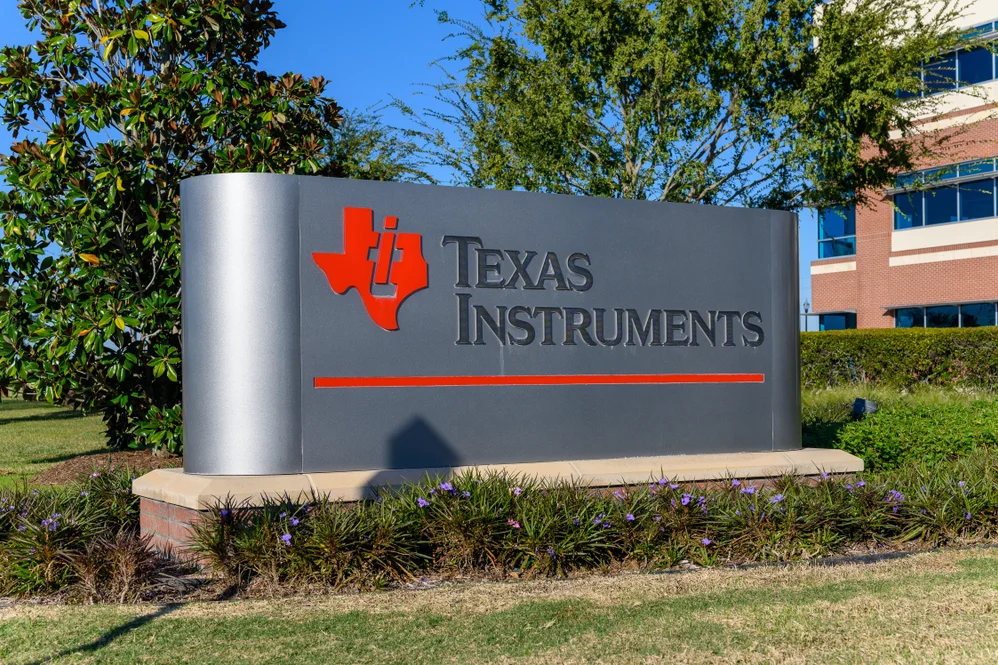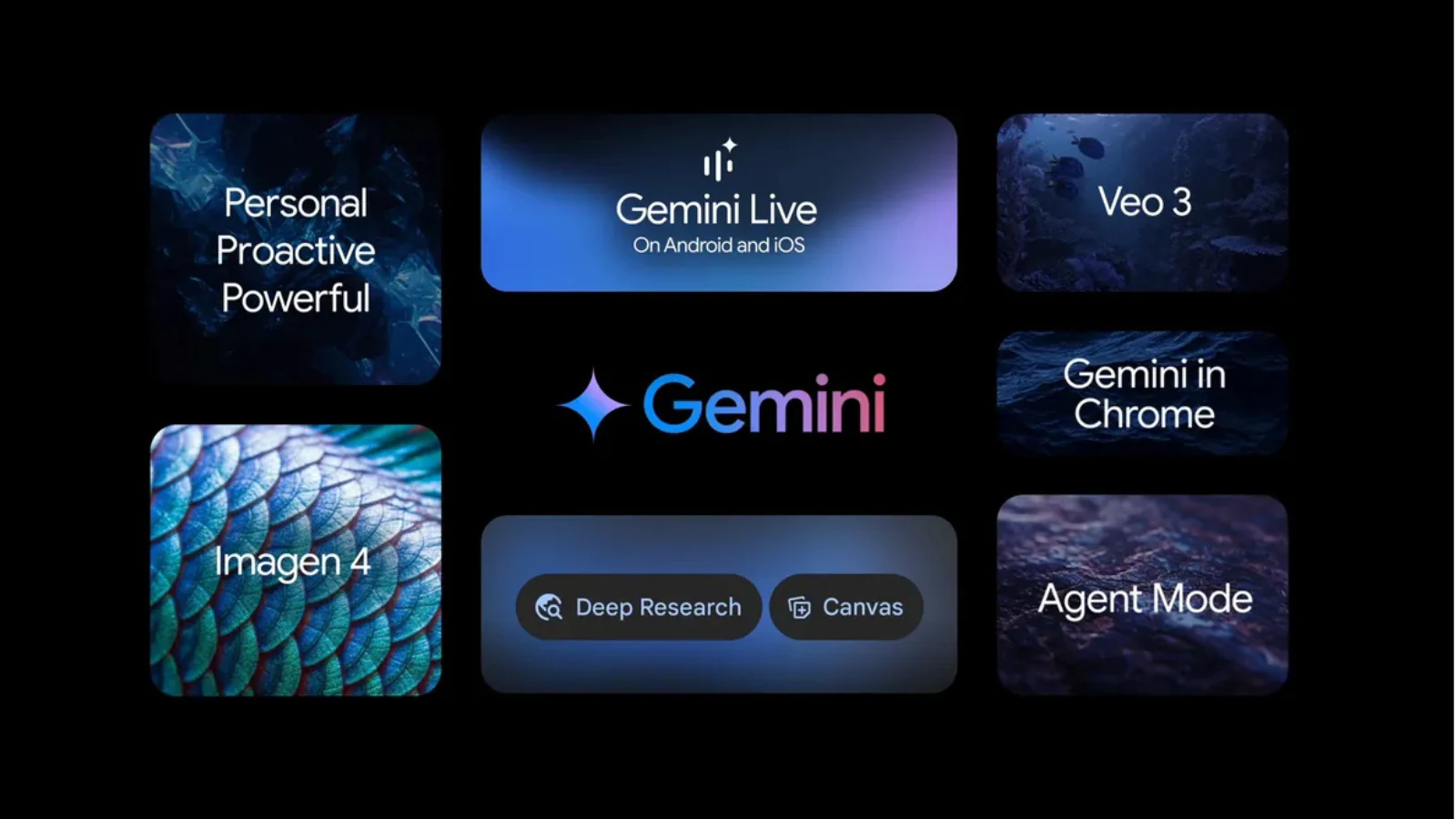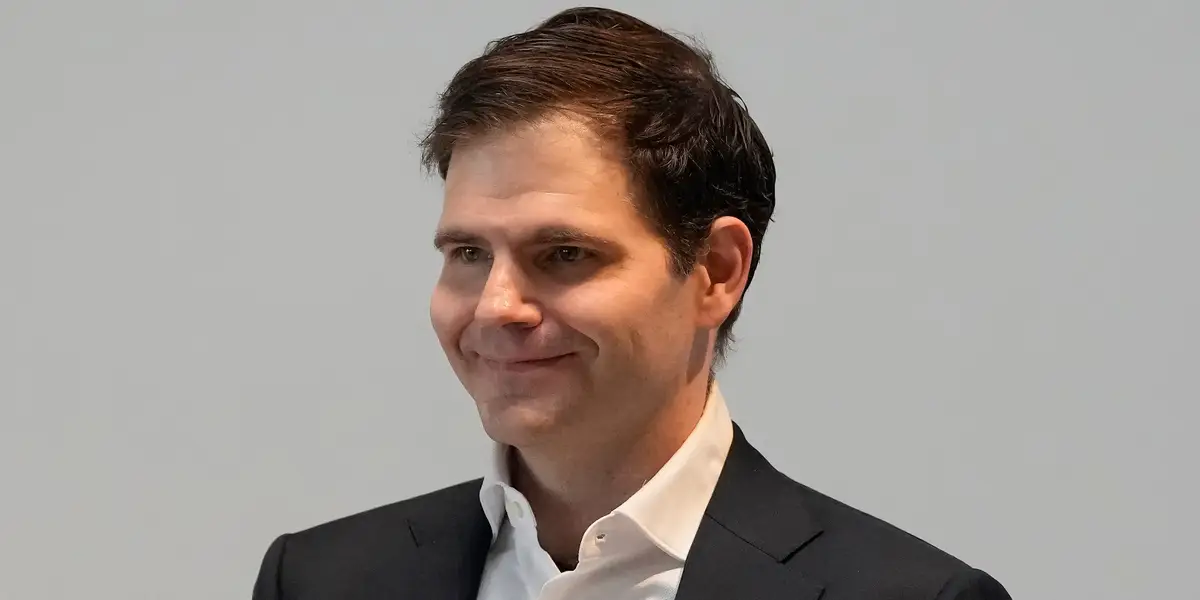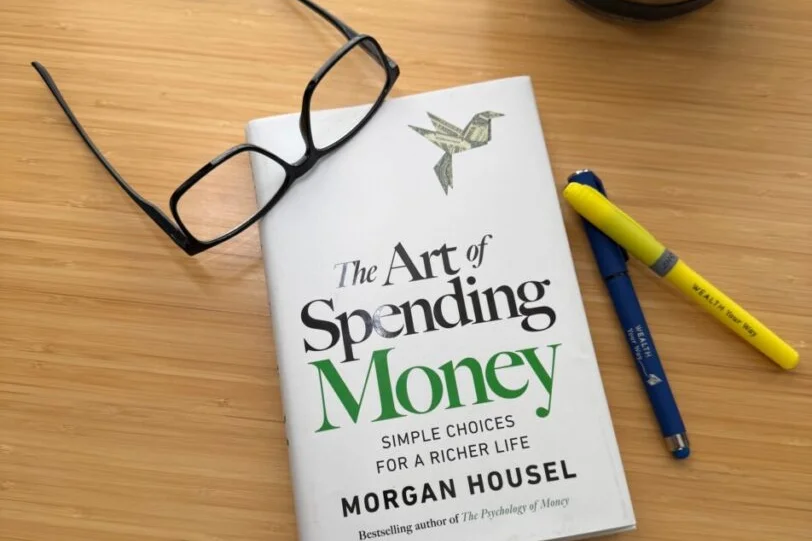Copyright republicworld
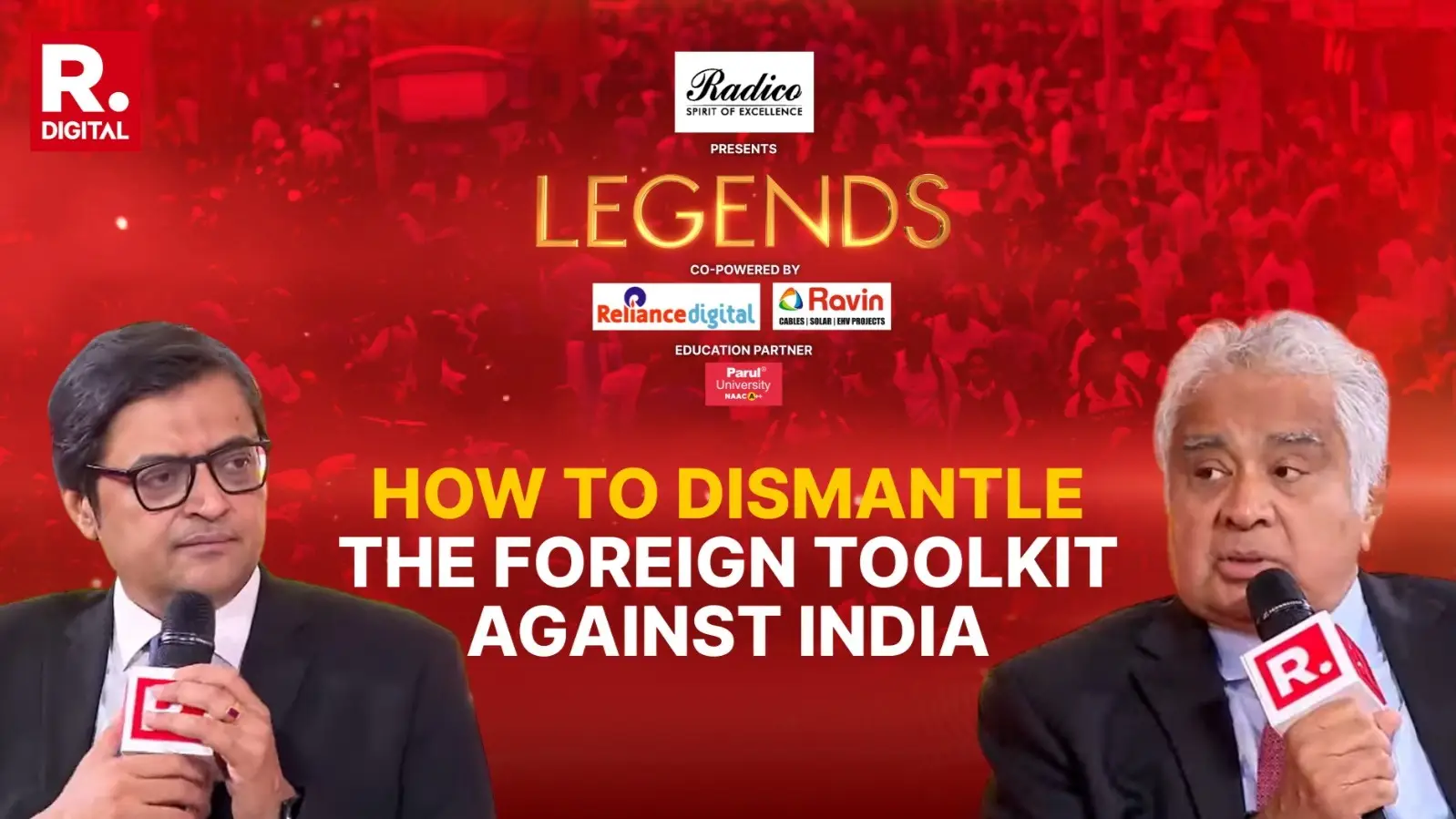
New Delhi: Renowned legal authority Padma Bhushan Harish Salve, King’s Counsel, UK, Former Solicitor General of India, and a revered Supreme Court Senior Advocate, in a fiercely candid and highly anticipated television interview, issued a powerful warning about a sophisticated foreign toolkit he believes is actively trying to undermine India's impressive economic progress. Speaking on the Republic Media Network's 'LEGENDS' programme with Editor-in-Chief Arnab Goswami, Harish Salve peeled back the layers on his sharp perspective, offering a crucial analysis to dismantle the foreign toolkit against India.The eminent jurist contended that deliberate judicial uncertainty, coordinated defamation campaigns on foreign soils, and foreign funding are converging to sabotage the nation's push towards prosperity, declaring that India’s dazzling global success has rendered it the world's most vulnerable target.Former Solicitor General of India, Salve’s primary concern zeroed in on the staggering financial requirements for India's national development. He stressed that the country needs a colossal USD 3 to USD 5 trillion investment over the next decade, with a critical USD 500 to USD 600 billion needing to originate from overseas. In his view, the most effective way to "spoil the party" for a rising India is to target this crucial investment pipeline.During the no-holds-barred interview with Arnab Goswami, the Senior Supreme Court Advocate articulated that while India boasts a formidable military and is physically secure with its 1.4 billion population, the greatest existential threat lies in achieving the USD 5 trillion economy required to become a 'Viksit Bharat (Developed India)' by 2047. He asserted that the core objective of these foreign-backed conspiracies is to systematically destroy the image of India as a stable and reliable investment destinationHarish Salve drew a direct connection between global financial attacks and alleged foreign funding mechanisms. He pointed to the Hindenburg Research report that targeted one of India’s largest business conglomerates as a potent example of an effort to destabilise a major Indian business house. Furthermore, he explicitly linked this to USAID funding and the activities of global financier George Soros.Responding to Arnab’s observation that these are interconnected, rather than isolated, issues, Salve went a step further, stating he would be willing to wager that if one were to investigate certain controversial legal filings, they would uncover the "blessing" of George Soros or an affiliated NGO. Salve alleged that organisations like USAID and George Soros-funded entities are orchestrating these attacks, stressing that Indian judges must be aware of these machinations. "Our judges have to wake up and smell the coffee. This is what's happening," Salve urged the judiciary to recognise the real-world implications of these sophisticated, external machinations.Senior Supreme Court Advocate Salve was particularly critical of judicial pronouncements that inject instability into the commercial arena. He argued that judgments which are "commercially insensitive", or attitudes that dismiss commercial cases as unimportant severely erode investor confidence. He warned that if courts “run coach and horses” through arbitration law, which is the gold standard globally for dispute resolution, foreign investors will simply refuse to commit capital.Elaborating on the economics of global investment, the Former Solicitor General of India explained that when a foreign investor calculates the Internal Rate of Return (IRR) for a project, a crucial factor is the risk element. For India, he revealed, the current judicial uncertainty compels investors to mark up the cost of capital by 1% to 1.5%. He insisted that the extra cost is not borne by the government or the courts, but is ultimately passed down to "you and me and the common consumer," and further lamented that this financial burden is the invisible cost of judicial uncertainty.The seasoned jurist advocated for a modern, prosperous approach to development, rejecting the "old leftist way" of resolving poverty by simply making everyone poor. Instead, he championed the modern path of making everyone prosperous, a goal that is entirely dependent on global investment, which necessitates that India remains in sync with the world and sheds its isolationism.Legal Luminary Harish Salve also launched a fierce attack on politicians and the civil society establishment that actively defame the nation abroad. He condemned the practice of travelling internationally to give lectures, claiming a lack of democracy and appealing for external intervention in the country, while simultaneously slandering Indian institutions like the Election Commission as a "bunch of thieves". He questioned the sanity of investing in a country where such narratives are rampant, asking whether foreign entities should "ratchet up the risk" due to manufactured political uncertainty.On being asked by Arnab Goswami, whether foundations, fronts, and NGOs—masked as civil society movements have successfully infiltrated public discourse to shape negative narratives, Harish Salve's response was sharp and deeply personal, pointing to the audacity of foreign interference, saying, "How much of a target we have happily allowed ourselves to become that a man like Soros publicly declares that I've put aside $1 billion to remove Modi from prime ministership?"He dismissed the notion of Soros being an "irrelevant old man", questioning the global outcry that would follow if an American citizen were to openly boast of funding the removal of an elected Indian Prime Minister. His remarks suggested a concern that the integrity of India's democratic process is now an open target for external political and financial manipulation."We have enemies, and people don't want this to happen. Wasn't Hindenburg a good example of the biggest Indian, one of the largest Indian business houses, being destabilised? So, the whole USAID funding, the whole George Soros…And if you investigate that false affidavit on the S.I.R., I'm willing to have a little wager with you. You will have George Soros' blessing somewhere. Some NGO somewhere is responsible. So, we have to be aware of all this. And I'm sorry, our judges have to be aware of all this. And they have to, you know, wake up and smell the coffee. This is what is happening.And if you are going to destabilise investment in India by judgments which are commercially insensitive, and by saying things like, Oh, this is a commercial case, what's the hurry? You know, commercial cases are not important. If you are going to run coach and fore through arbitration law, which is the global standard today for dispute resolution, who's going to invest in India? And we made this point in the Kautilya Conclave. Today, if you want, when a foreign investor is looking for an investment, today you come in for three to five years, you look at the IRR. And one of the important elements in the internal rate of return is the risk. And for India, you mark up the risk by 1%, 1.5% for uncertainty. Now, the government is okay; the government is not the uncertainty. The courts create uncertainty. Who's paying for that 1.5% increased cost of capital? You and me and the common consumer. So, please, you have to be alive to all this. If you really want India, it's very well to give lectures saying, oh, there's so much poverty and rich and poor. Of course, there is a problem. But what do we solve it? We can't solve it the old leftist way, saying the only way to resolve the difference between rich and poor is to make everybody poor. Now we say the way of solving this is to make everybody prosperous. And if you have to make everybody prosperous, you need investment. Investment today is global. So, you know, this isolationism doesn't work.And we have to become in sync with the world. And if we keep shaming ourselves, if we keep defaming our own institutions, you go all over the world and give lectures and say, there is no democracy in India, please help, come save us. Our election commission is a bunch of thieves, etc., etc. And then people say, Oh, really? Is there going to be a revolution in India? Is there going to be this kind of political uncertainty? Should we really invest in India? Or should we ratchet up the risk?How much of a target we have happily allowed ourselves to become that a man like Soros publicly declares that I've put aside $1 billion to remove Modi from the prime ministership? You don't believe he's an irrelevant old man? You may like Modi, you may not like Modi, you may vote for him, you may not vote for him, but I don't think any American can say, I've got a suitcase full of dollars, so I want to get rid of the Indian Prime Minister."The explosive interview with Former Solicitor General of India Harish Salve was a wake-up call for introspection and a robust counter-strategy to protect India's sovereignty and future growth from the deep state conspiracies that seek to derail its global moment.
